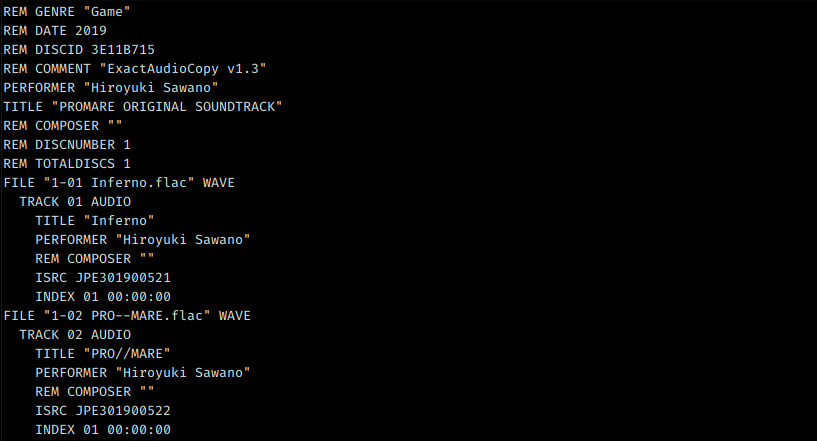
Sometimes the heart of the debate seems to be far away, at the international level. But nowadays the local and the distant are just a click away from each other. Creation is the place where the global and the local meet, with contradictions and opportunities. It is a matter of adjusting the management of rights in order to manage cultural uses as quickly and as thoroughly as possible. In this review we will briefly discuss the direction in which the EU is trying to set its agenda on creative content. This is the frame. The challenge, however, should be the empowerment of artists and rights holders.
Digital technologies have radically changed the way creative content is produced, distributed and accessed.
Copyright ensures that authors, composers, artists, filmmakers and other creators receive recognition, payment and protection for their works. It rewards creativity and stimulates investment in the creative sector. 33 sectors of the EU economy are considered copyright-intensive, accounting directly for over 7 million jobs, or 3% of employment in the EU.
But what are copyright and related rights ?
These are rights granted to authors (copyright or authors' rights) and to performers, producers and broadcasters (related rights). They include:
- Economic rights which enable rightholders to control the use of their works and other protected material and be remunerated for their use. They normally take the form of exclusive rights, notably to authorise or prohibit the making and distribution of copies as well as communication to the public. Economic rights and their terms of protection are harmonised at EU level.
- Moral rights include the right to claim authorship of the work and the right to object to any derogatory action in relation to the work. They are not harmonised at EU level.
Licensing is the main mechanism for the exercise of copyright and related rights. Depending on the relevant right, the type of use and the sector, licences are most often granted directly by the right holder or collective management organisations. The EU has adopted legislation to improve the functioning of collective management organisations including through facilitating the provision of multi-territorial licences.
The EU's role
EU actions have led to more harmonised protection of rightholders, lower transaction costs and greater choice for users of content, notably through:
- a European regulatory framework for copyright and related rights;
- the promotion of inclusive and dynamic stakeholders dialogues on copyright and related issues, to seek views, concrete experience and contributions from all interested parties;
- a leading role in international negotiations and discussions on copyright and related issues.